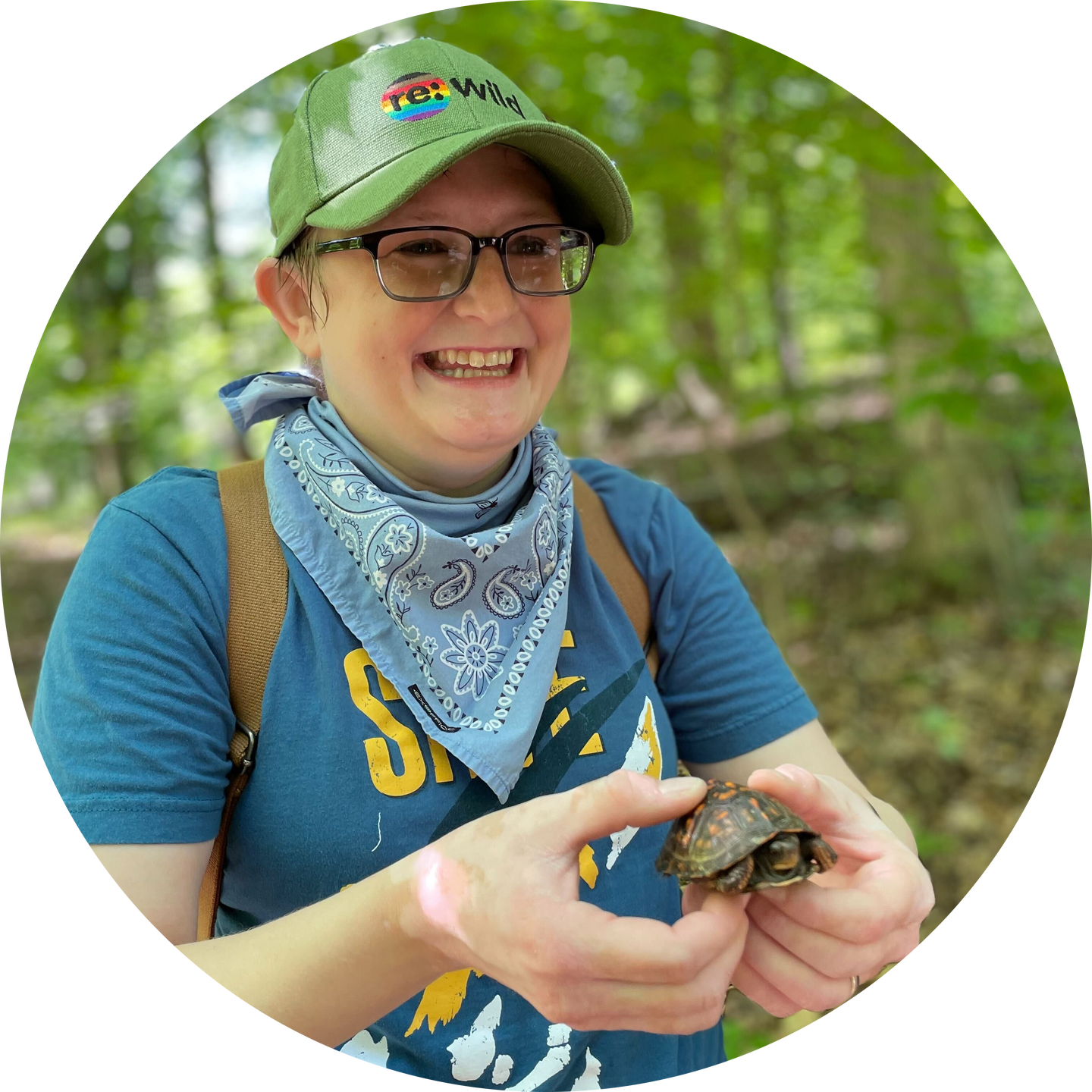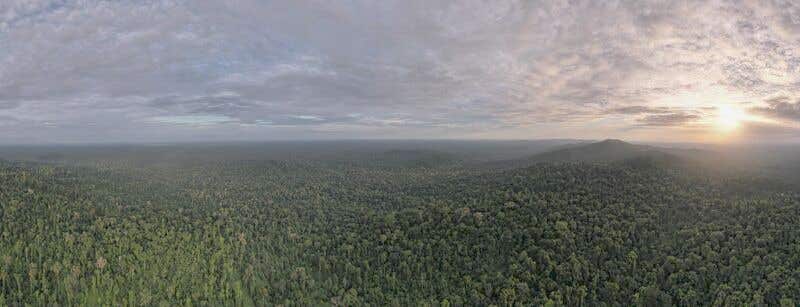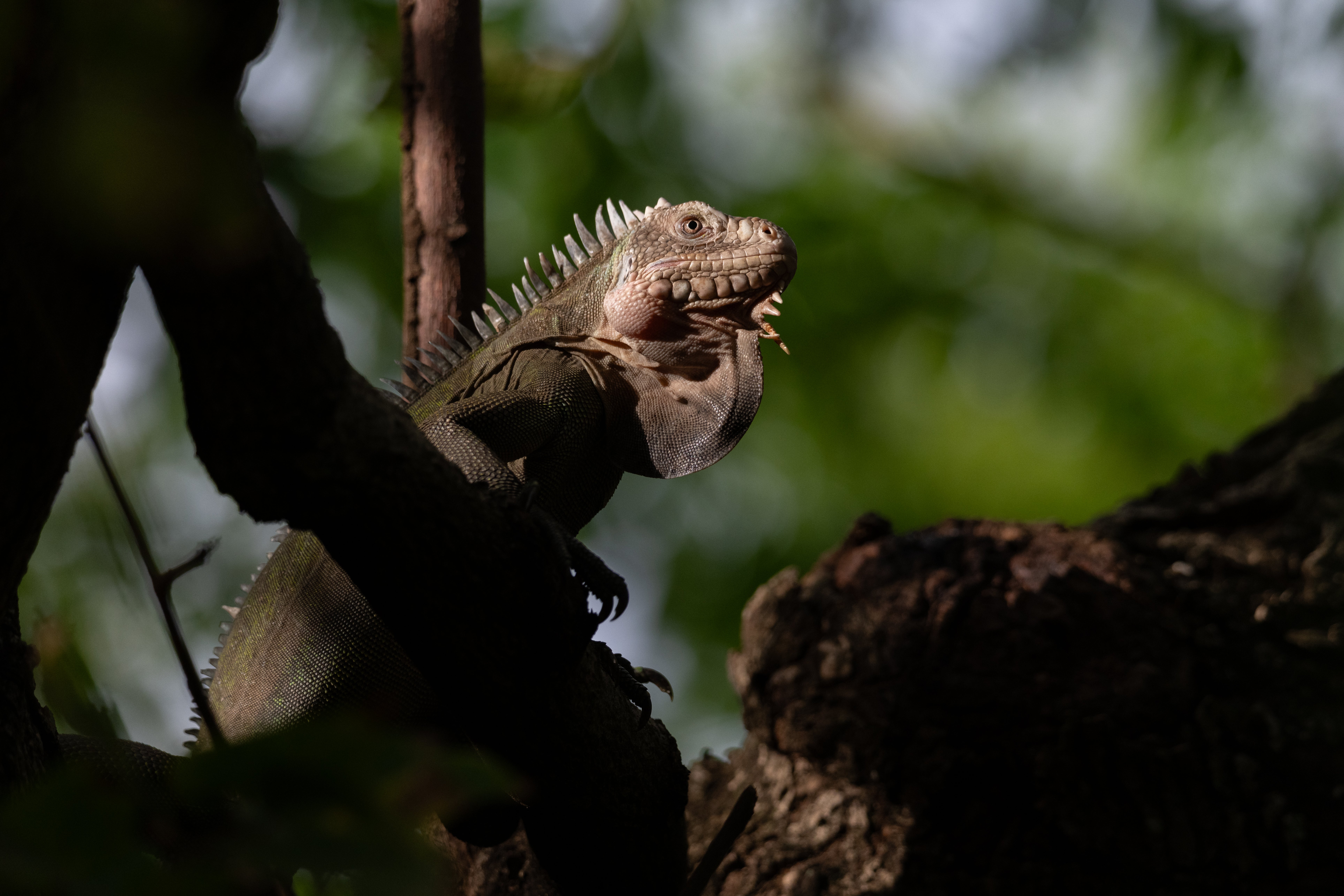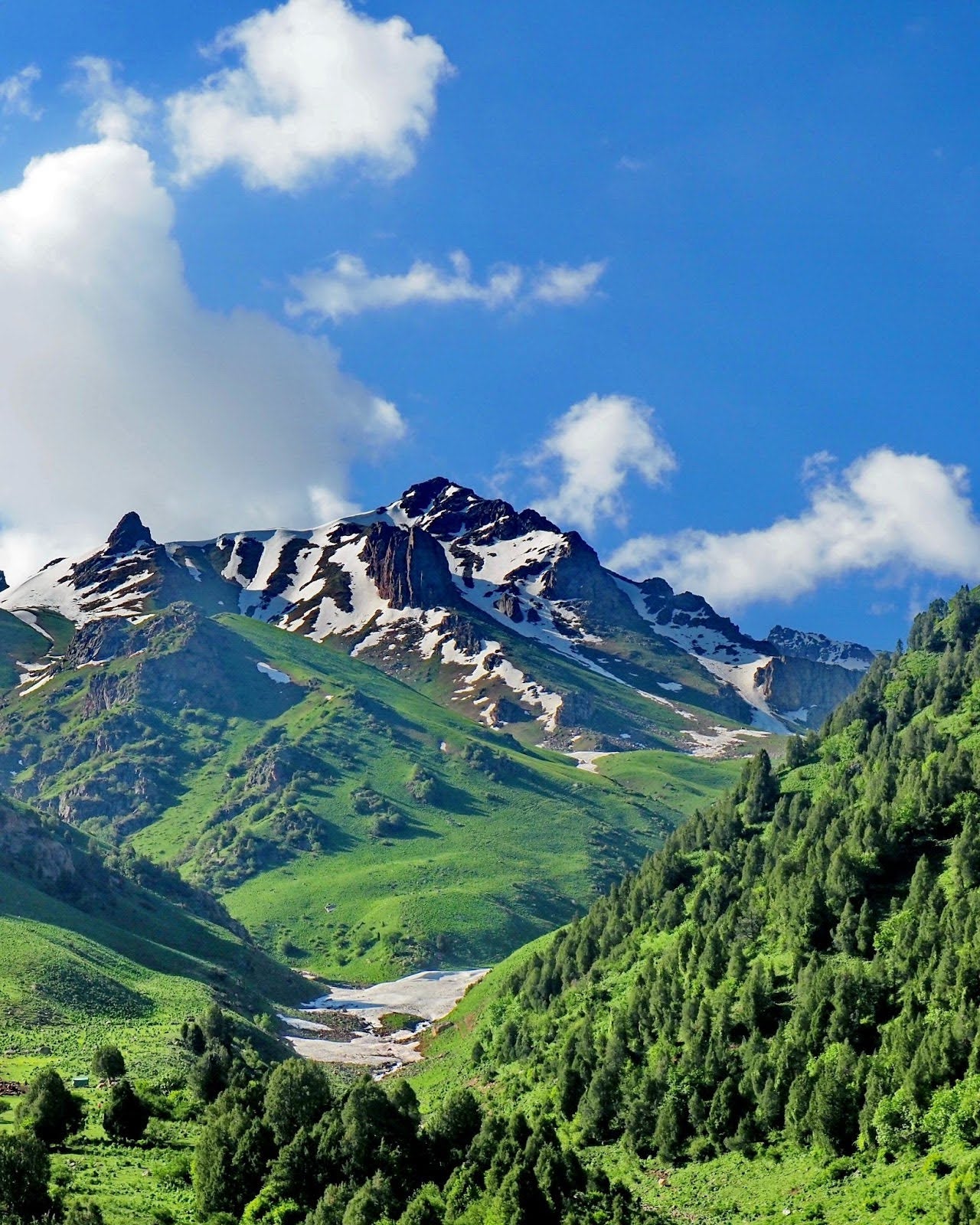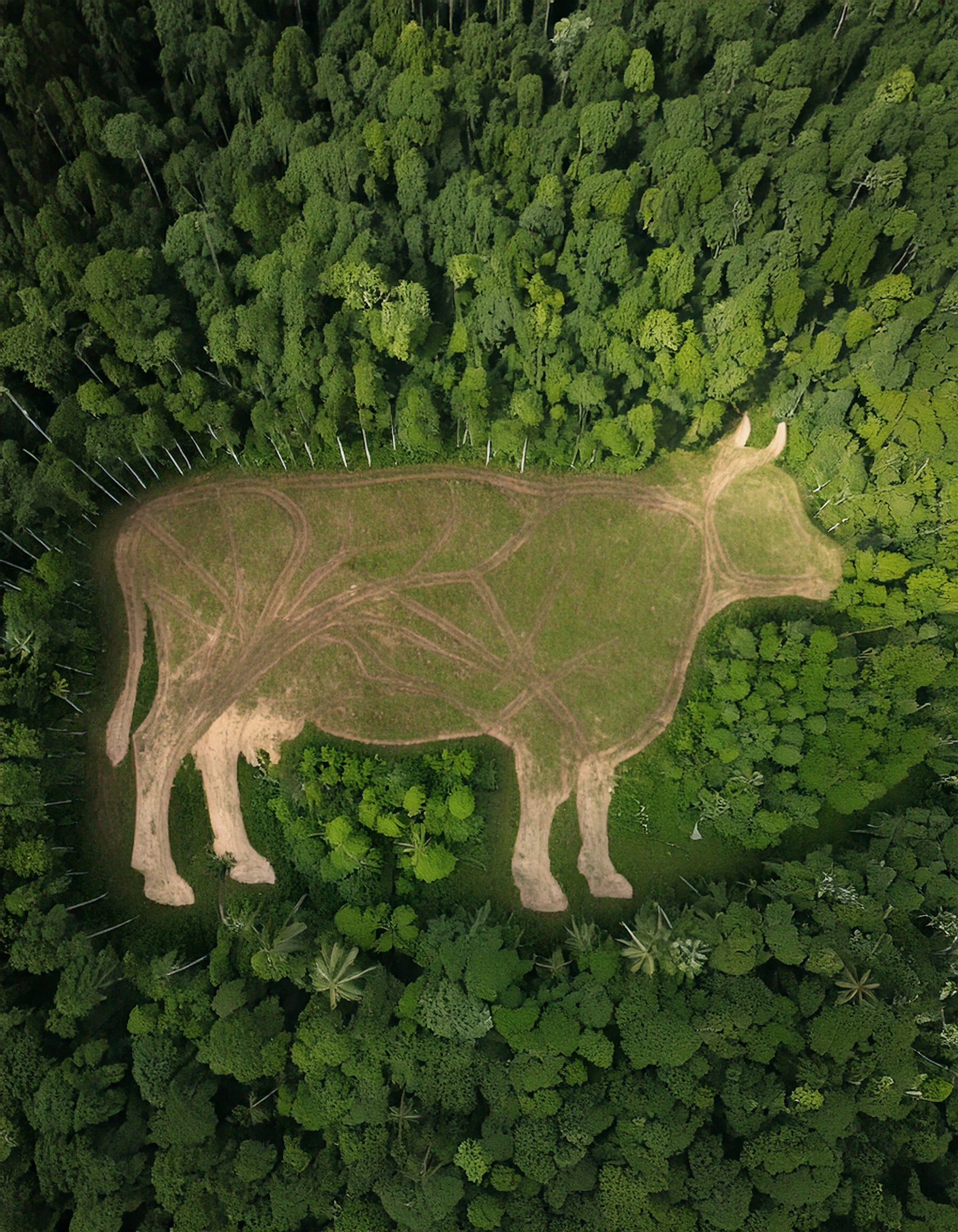As governments and the private sector aim to voluntarily reduce their carbon footprint, many are looking to purchase carbon credits generated through the protection or restoration of the wild. While this burgeoning demand has tremendous potential to address climate change and biodiversity loss, the rapid development of carbon initiatives to meet this demand has, at times, threatened the rights and sovereignty of the Indigenous peoples and local communities (IP and LCs) safeguarding the forests that play a critical role in storing carbon and providing other services.
The Kawari Fund, a new fund launched today, April 28, aims to help the carbon market continue to scale by addressing these issues of social integrity, adequate representation and informed participation of IP and LCs in carbon negotiations. The fund will provide a trusted source of financial support in the carbon space for IP and LCs to strengthen their role and negotiating position in the voluntary carbon market on jurisdictional (national or subnational) initiatives, while also ensuring that they benefit equitably from any carbon trading schemes that they choose to engage with. This, in addition to robust accounting and verification systems, is referred to as “high-integrity” in the carbon market.
“It is critical that we reduce emissions, but too often we’ve seen carbon initiatives jeopardize the rights of Indigenous peoples and local communities, resulting in the displacement of communities, new rules over lands and resources that the communities have not agreed to, or disruption of local governance,” said Minnie Degawan, director of the Kawari Fund. “Unless the process leading to the creation of carbon credits incorporates the rights, opinions and knowledge of Indigenous peoples and local communities, the voluntary carbon market will fail to effectively do what it is largely meant to do: address the triple interconnected crises of climate change, biodiversity loss and human wellbeing.”
The fund will also provide support to NGOs and governments working to ensure integrity in forest carbon markets. The fund launched during the UN Permanent Forum on Indigenous Issues.
The Kawari Fund’s core initial donors include the Packard Foundation via the Climate & Land Use Alliance (CLUA) and the Hewlett Foundation. It is open to support from philanthropic, corporate and public sector donors. The fund’s governance structure is designed for independence, giving donors a defined, limited role in decision-making to ensure legitimacy of the process. The fund is administered by Re:wild and was constructed with the support of diverse IP and LC representatives.
Grants given out by the fund will provide nimble and dedicated upfront support to create the enabling conditions for initiatives to be developed with high-integrity and high impact for climate change, biodiversity and Indigenous peoples and local communities. Examples of the kinds of activities the fund could support include workshops; travel and training for IP and LCs interested in building their negotiating skills and participating fully in community consultations; employing consultants to work with governments that otherwise don’t have the capacity to equitably engage IP and LCs, but want to do so; and bolstering capacity for NGOs that can help equitably facilitate the process.
Through its work, the Kawari Fund aims to help transform climate financing mechanisms—such as REDD+, which stands for Reducing Emissions from Deforestation and Forest Degradation—that have been criticized for their focus on credit and profit generation alone, instead of on addressing gaps in the institutional capacity of governments and IP and LCs or ensuring fair benefit sharing. This transformation is especially important as “carbon cowboys”—for-profit companies that rush into Indigenous territories to secure carbon rights—prioritize purchase agreements without consulting the communities most affected by those agreements.
“CLUA fully supports the rights of Indigenous Peoples and local communities to determine whether and how they wish to engage with carbon markets--both in their decision-making processes and the outcomes they seek,” said Lindsey Allen, CLUA executive director. “The Kawari Fund aims to ensure carbon agreements with Indigenous peoples and local communities that choose to participate are built on prior, informed, and voluntary consent.”
In the Inga language (a variation of the Quechuan language) spoken in southern Colombia, the word “kawari” means a panoramic view of the forest or the landscape. This captures the spirit of the fund, which is to bring together all of the critical pieces to ensure the success of the carbon market and holistic protection of forests to help improve the health of the planet, much like the individual pieces of an ecosystem work together for planetary health.
“The issues of land tenure, benefit sharing, consultations and agreements between governments and Indigenous peoples and local communities is key to ensure high-integrity carbon credits in forests, which are critical for confronting the climate crisis,” said Levi Sucre Romero, regional coordinator of the Mesoamerican Alliance of Peoples and Forests and co-chair of the Global Alliance of Territorial Communities. “The Kawari Fund will help bridge the gaps between the rights of Indigenous peoples and local communities and policies, laws and projects implemented by governments.”
The Kawari Fund is guided by an advisory council composed of experts in climate finance and Indigenous rights, including Indigenous representatives. The council will play a central role in continuing to define the fund’s scope, priorities, and decision-making processes.
# # #
Photo: In the Inga language (a variation of the Quechuan language) spoken in southern Colombia, the word “kawari” means a panoramic view of the forest or the landscape. (Photo by Andrew Snyder/Re:wild) Download images
Re:wild Re:wild protects and restores the wild. We have a singular and powerful focus: the wild as the most effective solution to the interconnected climate, biodiversity and human wellbeing crises. Founded by a group of renowned conservation scientists together with Leonardo DiCaprio, Re:wild is a force multiplier that brings together Indigenous peoples, local communities, influential leaders, nongovernmental organizations, governments, companies and the public to protect and rewild at the scale and speed we need. Learn more at rewild.org.
The Climate and Land Use Alliance The Climate and Land Use Alliance (CLUA) is a collaborative of foundations that seeks to support viable solutions and mobilize greater funding to conserve and restore forests and more sustainably use land—for the benefit of people and the planet. CLUA’s member foundations are the ClimateWorks Foundation, the David and Lucile Packard Foundation, the Ford Foundation, the Good Energies Foundation, and the Gordon and Betty Moore Foundation. Margaret A. Cargill Philanthropies funds projects in alignment with CLUA. Learn more at climateandlandusealliance.org
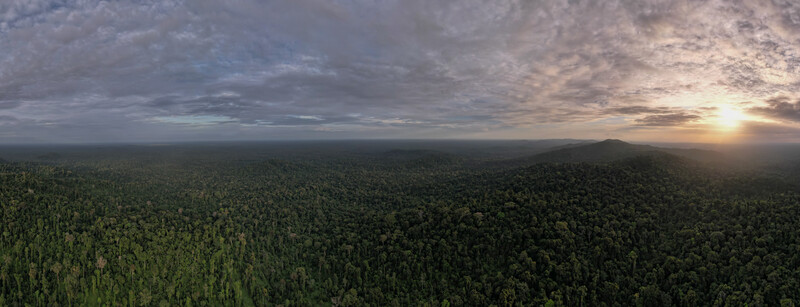
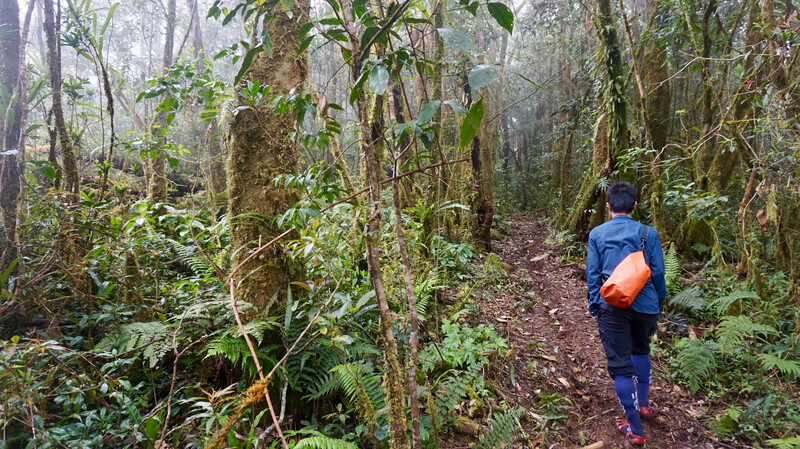
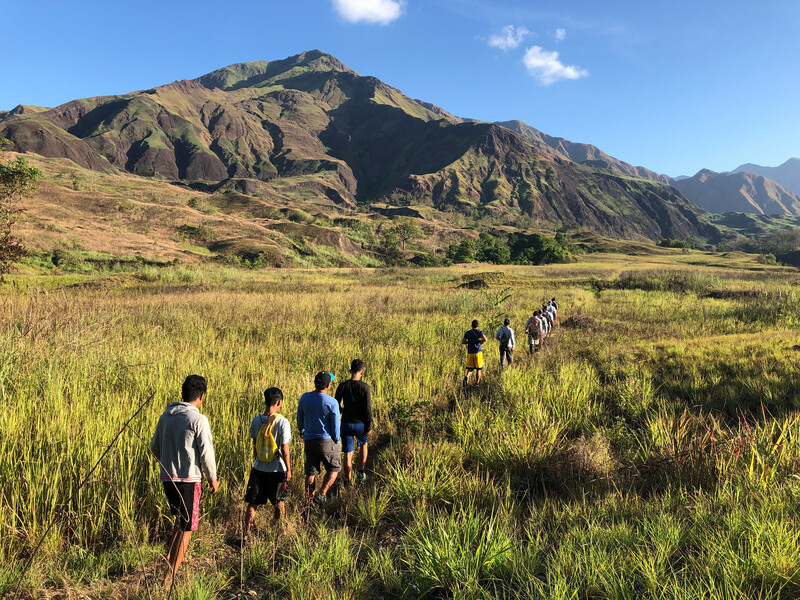
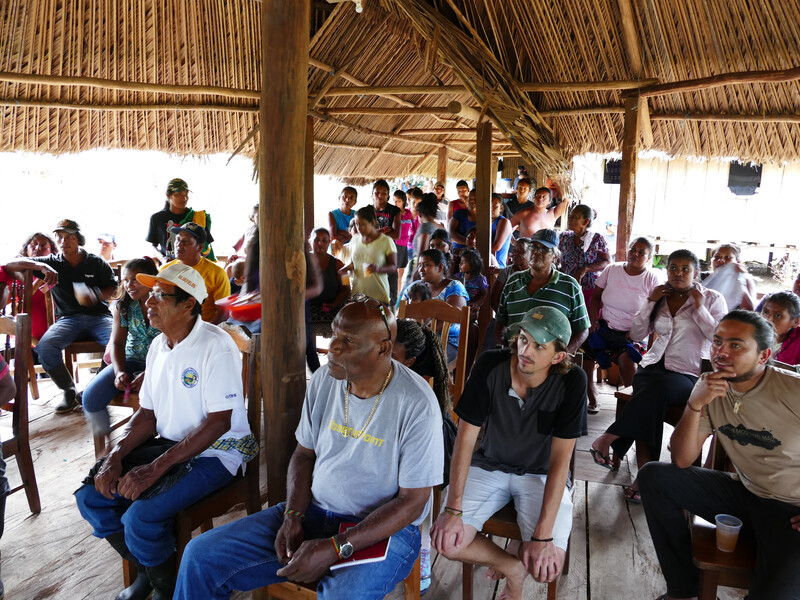
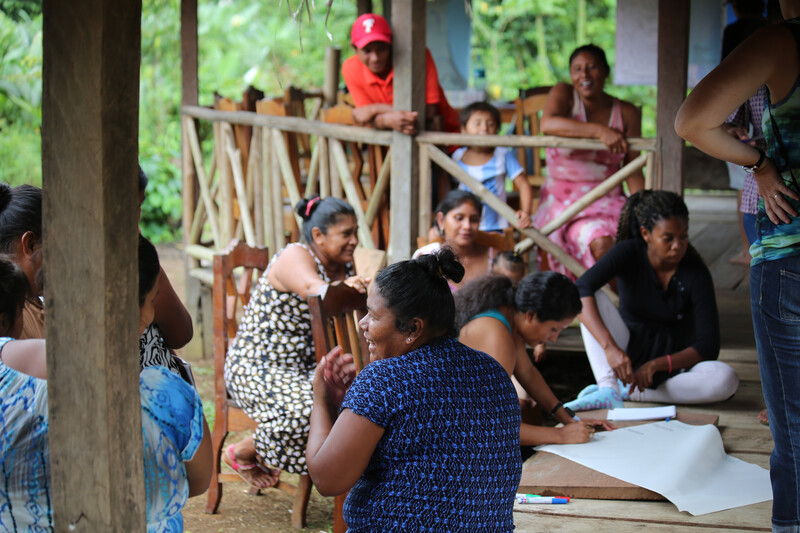

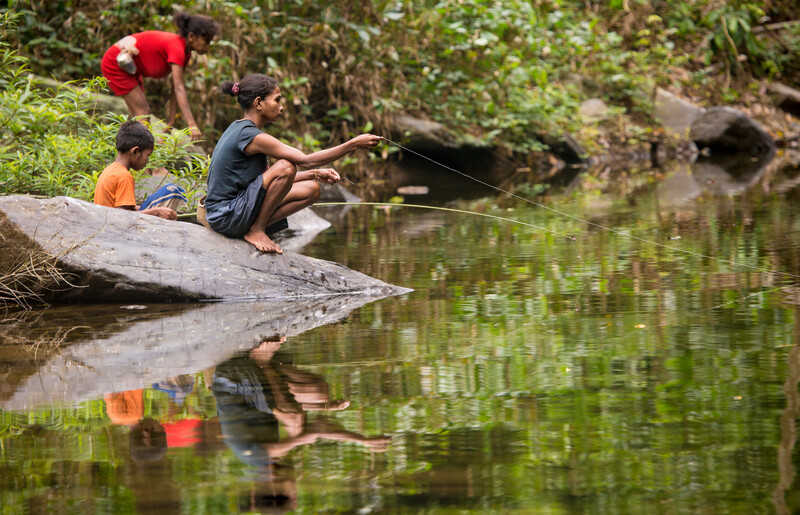
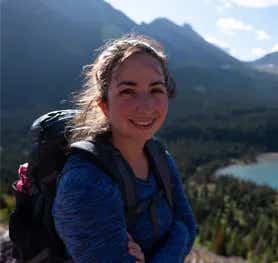
Devin Murphy
Writer
Devin Murphy is Re:wilds’s senior communications specialist and helps Re:wild and its partners tell stories about the work they do to protect wildlife and wildlands around the planet. Her favorite stories about conservation include fascinating and little-known species and the dedicated humans protecting them.
